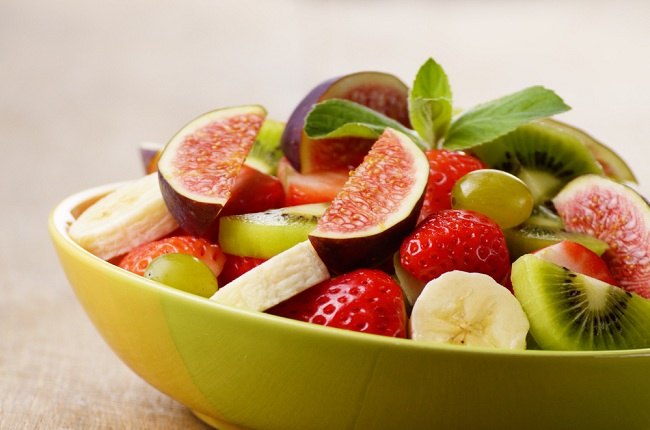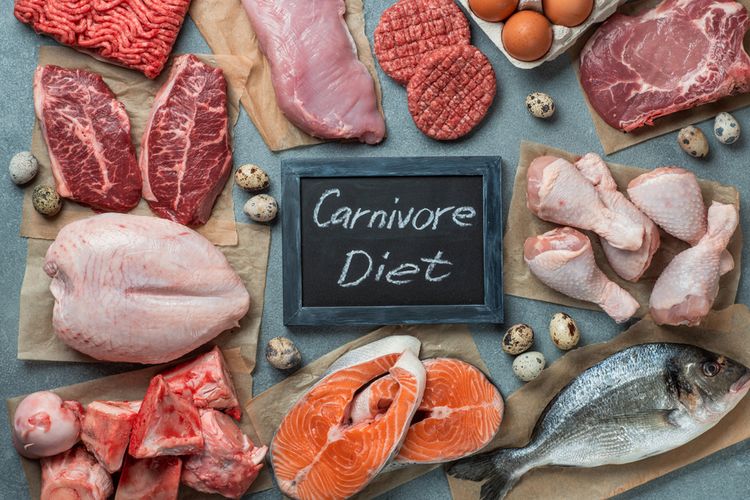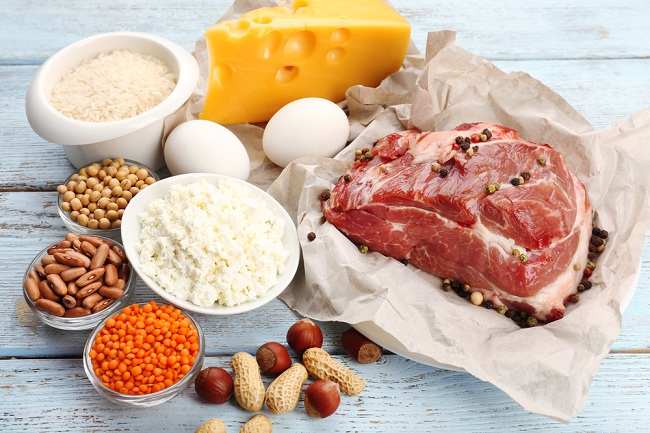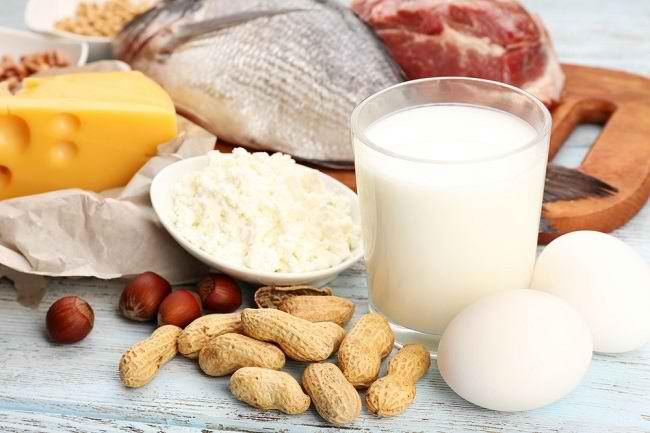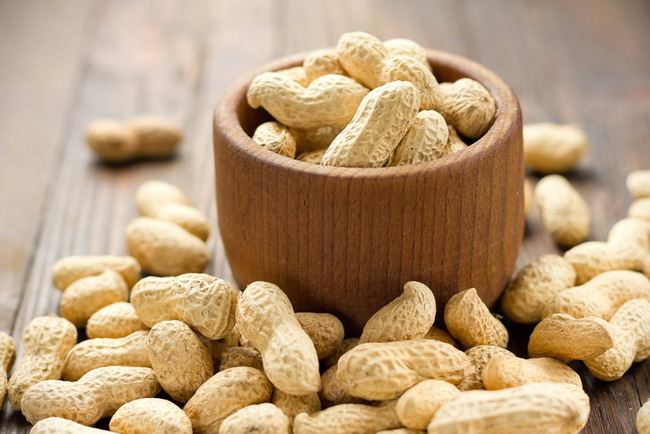There are a variety of low-calorie, filling foods that are delicious and suitable for a daily diet to aid in weight loss.
Low-calorie foods help balance the number of calories consumed with the body’s needs. Despite being low in calories, many of these foods are easily found and still provide a sense of fullness.
Types of Low-Calorie Foods
Here are some examples of low-calorie foods that are good for maintaining weight:
1. Vegetables
Vegetables are rich in vitamins, minerals, fiber, and antioxidants. Almost all vegetables are low in calories, especially those high in water content such as cucumbers, lettuce, radishes, kale, spinach, celery, bell peppers, and cauliflower.
2. Fruits
Fruits tend to contain more calories than vegetables, but they are still considered low-calorie foods. Fruits are also packed with essential nutrients for health. Some low-calorie fruits include watermelon, strawberries, grapefruit, kiwi, and grapes.
3. Nuts
Nuts such as almonds, walnuts, cashews, and edamame are not only low in calories but also high in protein, which helps keep you feeling full longer and reduces the urge to overeat.
4. Grains
Grains such as corn, whole wheat, and bulgur contain various vitamins and minerals. These grains are also high in fiber, which is good for digestion and helps keep you feeling full longer.
5. Fish
Fish like salmon, cod, tilapia, catfish, pomfret, and tuna are low in calories and rich in omega-3 fatty acids, which are beneficial for heart health and reducing inflammation. Ensure the fish is prepared healthily, such as by steaming or sautéing with a little oil, rather than frying.
6. Skinless Chicken
Skinless chicken is a low-fat meat alternative. Avoid the skin as it is high in calories and low in nutrients.
7. Eggs
Eggs are rich in protein and nutrients, helping you feel full longer. Boiled eggs can be a healthy breakfast or snack option.
8. Tofu
Tofu is low in calories and rich in nutrients. 100 grams of tofu contain about 144 calories, along with protein, fiber, calcium, manganese, phosphorus, iron, zinc, magnesium, and vitamin A.
9. Seaweed
Seaweed is low in calories and rich in nutrients such as iodine, vitamin B12, and vitamin D. It can enhance skin and heart health and aid in weight control.
Calorie Requirements for the Body
Calorie needs vary depending on gender, age, and activity level. Here are the estimated daily calorie requirements:
- Children aged 2–8 years: 1,000–1,400 calories
- Women aged 14–30 years: 2,400 calories
- Men aged 14–30 years: 2,800–3,000 calories
- Active women and men over 30 years: 2,000–3,000 calories
Excess calorie intake can be stored as fat, while consuming too few calories can cause health issues such as diarrhea, sleep disturbances, constipation, fatigue, and severe hair loss.
Consuming low-calorie foods like those mentioned above can help you feel full without adding excess fat. If you’re unsure about maintaining an ideal weight or choosing low-calorie foods, consult a doctor for personalized advice and diet plans.(*)
 Rasanya.com Informasi di Jari Anda
Rasanya.com Informasi di Jari Anda
